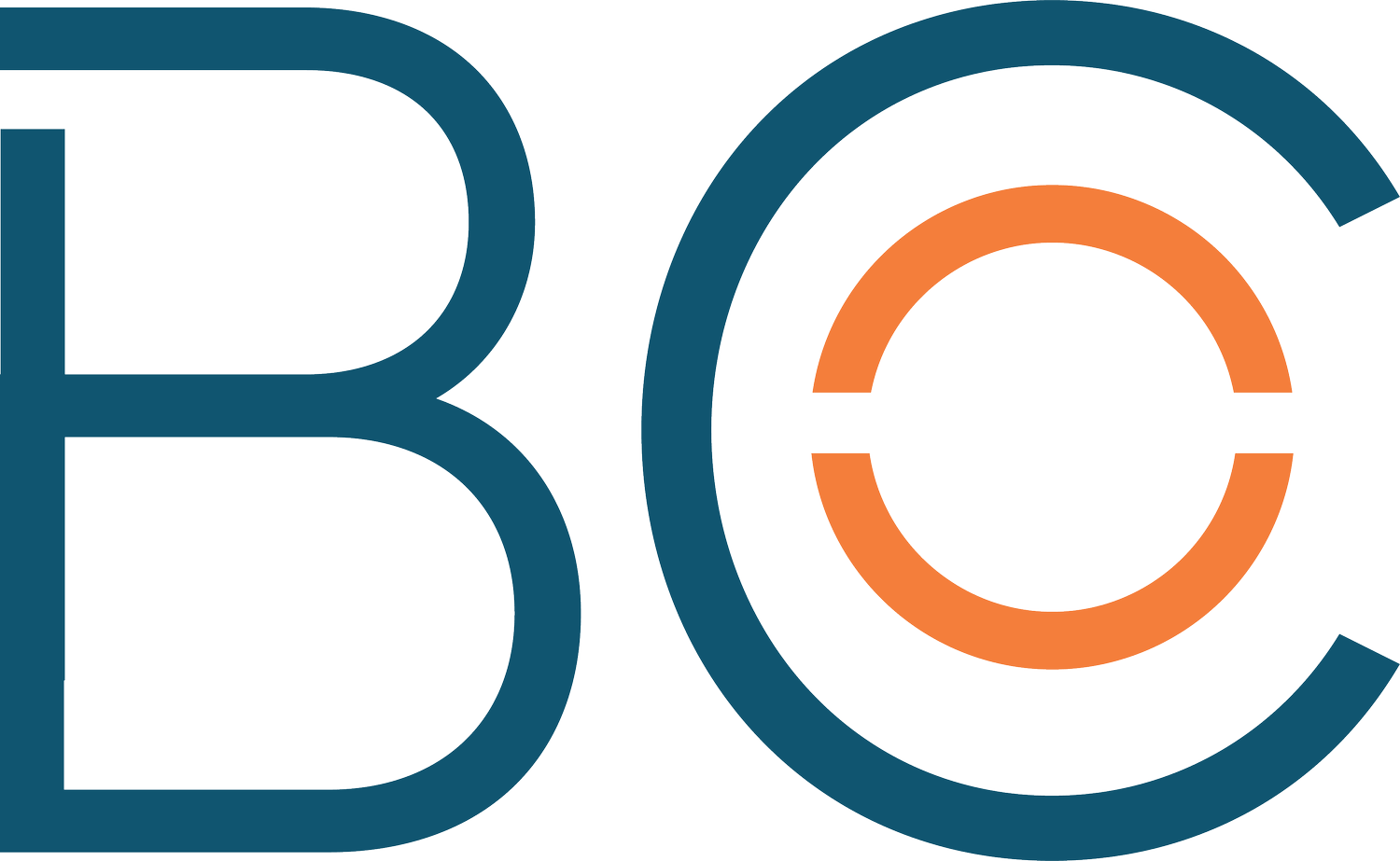Five Keys to Choosing the Right Agency Partner
I’ve worked in agency land for the past 23 years—both as an agency lead and on the client side as well. One topic that always seems to come up with prospective clients more than any other: Business owners are often unhappy with their agencies or freelancers.
Why is this such a common trend that never seems to improve? I think the primary reason is that shopping for agencies is not a straightforward process. And unfortunately, it’s easy to enter into a partnership that’s not a great fit. Most people find agencies through word of mouth by asking friends or colleagues for a referral. While that seems like a great way to find a potential resource, this can also result in common pitfalls.
To help avoid these situations, there are steps business owners can take to vet prospective partners. Here are five tactics to help you choose the right partner for your business.
1. Set expectations
When you approach an agency from a referral, it’s rare that they will say that they aren’t a fit for the work—even if they aren’t. They could have been referred for the work they did with branding or on a PR campaign, but that doesn’t mean they know how to design and code an awesome Shopify website. Setting expectations upfront can help avoid these scenarios. That’s why it’s important to confirm you and your potential partner are aligned on the task at hand before you begin working together.
Additionally, it’s essential to align on pricing. Agencies rates are all over the place—and sometimes they don’t always equate to skills and experience. I would recommend having an awareness of the scope and billable rates that you’ll be charged as soon as possible in the process. Some agencies won’t sneeze for anything less than $200 per hour and others aren’t great at estimating so it’s best to have this info out on the table as you move through the decision-making process.
2. Meet the team
Did you get to know the people that would work on your team prior to signing on? Do you have a solid rapport and feel confident in their ability to execute? Oftentimes, the big guns sell a deal to a new client and then they disappear once it’s time to execute on projects and move the needle for your business.
Putting faces to names can help establish a positive, productive partnership from the get-go. I can’t underscore how important this is. From the first five minutes of your initial call, your instincts should clearly indicate “I like these people” or “wow, this doesn’t feel right.” Oftentimes, it’s as simple as determining if it even makes sense to get into specifics, pricing, and proposals. If you aren’t liking the vibes, then I would just shut it down and move on to the next option.
3. Check references
It’s important to confirm that people have nice things to say about the very same type of work that you will be engaging in. While this may seem obvious, you shouldn’t work with someone that hasn’t previously done what you’re asking them to do. Ask them for work samples, case studies, or references that can speak to accomplishments.
Ultimately, your agency should take your business as seriously as you do. You share in the wins and you share in the setbacks. And overall, you’re stronger partners for it. This type of relationship goes far beyond crossing t’s and dotting i’s. It’s about sharing a vision for the future and creating those outcomes together.
4. Define success
Before you sign anything with a new agency, you should always make sure that your goals are clearly outlined and that both sides understand what success looks like. Too many agencies can’t wait to dive into tactics that are billable—but if they don’t move the needle, then what’s the point of the relationship or the money spent?
It’s essential to ensure a prospective agency understands your product or service and has a perspective and strategy for moving forward. I can’t say it enough, but so many agencies are overly focused on tactics. And if their basic strategy doesn’t move the needle, then it’s unlikely they’ll be able to change performance outcomes. Making websites, designing brands, and launching email campaigns are all great approaches. But if they don’t magically produce the desired results, you need a partner that can navigate with you to improve performance.
5. Communicate consistently
Do you have an escalation path that you trust and can make things happen if and when things go awry? We all want to think that our new agency relationship will bring nothing but success, but being aligned on how things are going is critical. Early on in the process, be sure to communicate consistently. Additionally, meeting on a weekly basis to talk about how things are going can help keep things on track. Most agencies will adjust their staffing for these meetings if they know they are going to touch on potentially sensitive subjects.
Communication cadences and tool preferences will differ based on organization—and it can be helpful to be flexible (yet firm) when working with your partners. Sometimes, a simple Slack message, email, or old-fashioned phone call (or Zoom video call) can serve its purpose. Other times, it makes sense to track project changes within a more robust project management platform like Asana or Jira. Regardless, it’s important to align with your partners on the tempo and tactics you’ll use to communicate with each other.
So there you have it. Establishing a productive partnership often boils down to building relationships. You may think I’m writing this article to somehow Jedi mind trick all of our client prospects into hiring us. But honestly, avoiding pitfalls and focusing on the right things helps us identify the prospects that are the best fit for us as well.

